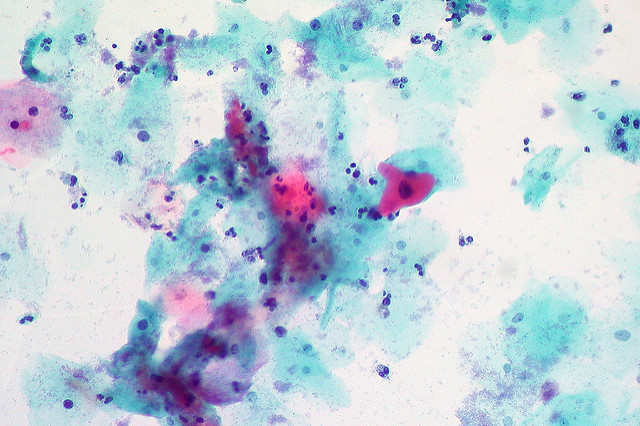Medicare covers a wide array of preventive care services, which can offer tremendous benefits. But, some preventive care services may cause more harm than good for people towards the end of life. Liz Szabo reports for Kaiser Health News on when to avoid preventive care services.
Mammograms and cervical cancer screenings: Experts say that people with terminal cancers of the lung, colon and pancreas generally should not be getting a mammogram or cervical cancer screening. Similarly, people in their late eighties and older with multiple chronic conditions usually do not need these services. The risks of harm outweigh the benefits.
Experts further say that people with severe dementia and other chronic conditions near the end of life also do not need mammograms. Not only will a mammogram not improve their quality of life, it may lead to unnecessary surgeries. It may also lead to painful hormonal therapies that can increase risk of stroke. Moreover, a mammogram is unlikely to identify a deadly disease. The research shows that only one woman in a thousand who gets a mammogram over a lifetime does not die because the cancer was detected before it spread.
Prostate cancer screenings: Experts also say that older people who already have a deadly cancer or who are at grave risk of dying within ten years are not likely to be helped by prostate screenings, PSA tests. PSA tests tend to identify tumors that are extremely slow-growing and do not need to be treated. And more than two in three prostate cancer screenings find something that does not need to be found. The follow-up biopsy causes infections in about 6 percent of men, 1 percent of whom end up in the hospital. These screenings have been deemed “low value” in men 75 and older. Research shows that men who receive surgery or radiotherapy for prostate cancer are no more likely to live ten years than men who receive active monitoring.
Colonoscopies: Colonoscopies can lead to intestinal tears. And, people 75 and older are more likely to get a tear than younger people. Colonoscopies can also lead to dehydration and fainting in older adults.
Skin cancer removal: People in their late eighties and older also might want to avoid removing skin cancers that are not life threatening. Caring for the skin after the cancer is removed can be problematic. And wounds may not heal. More than 25 percent of people report problems with their wounds healing.
In sum, if you are wondering why some people should avoid these “harmless” tests, it is that the tests can lead to false positives, stress, and unnecessary invasive procedures as well as medical complications.
Here’s more from Just Care:










